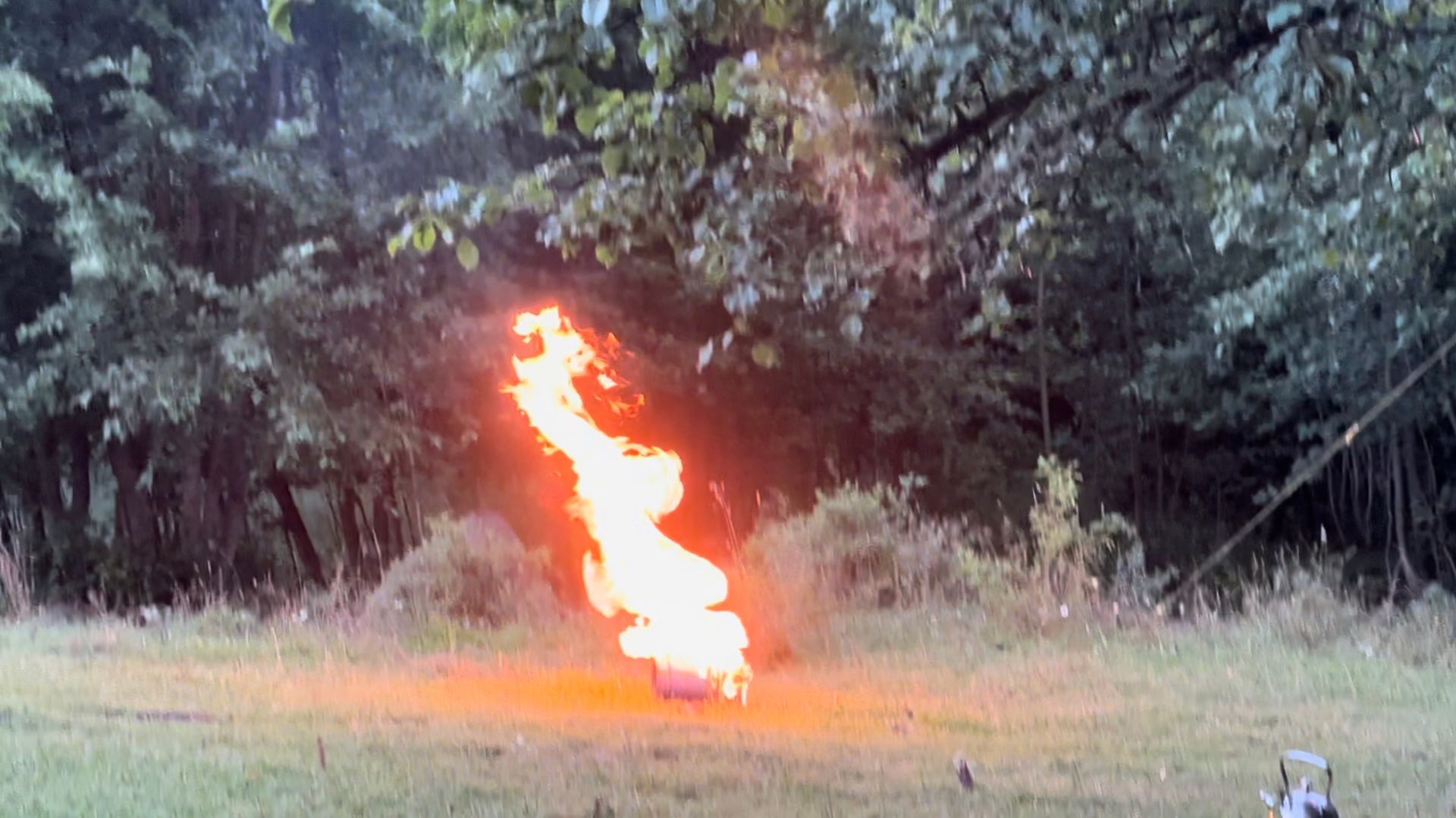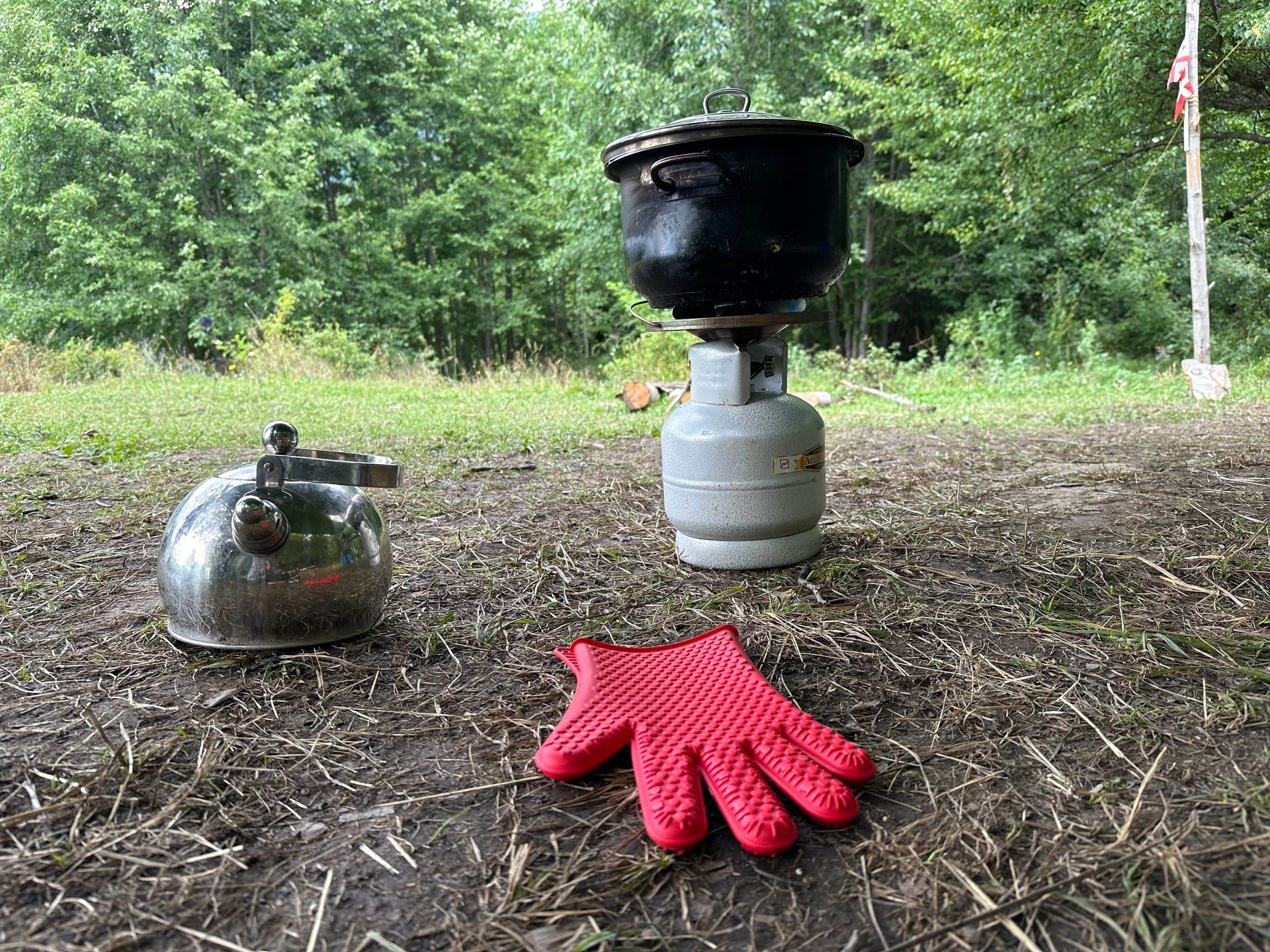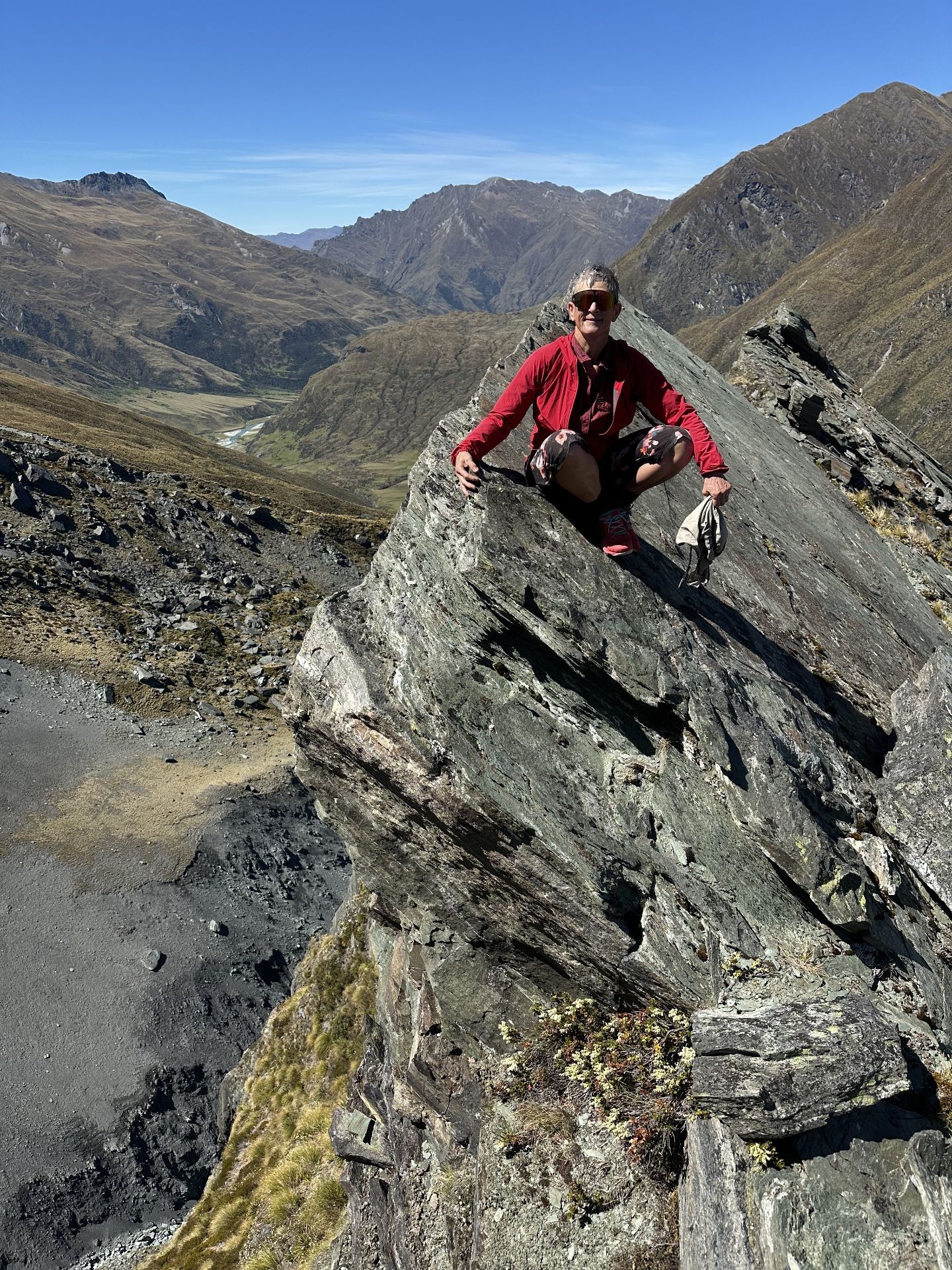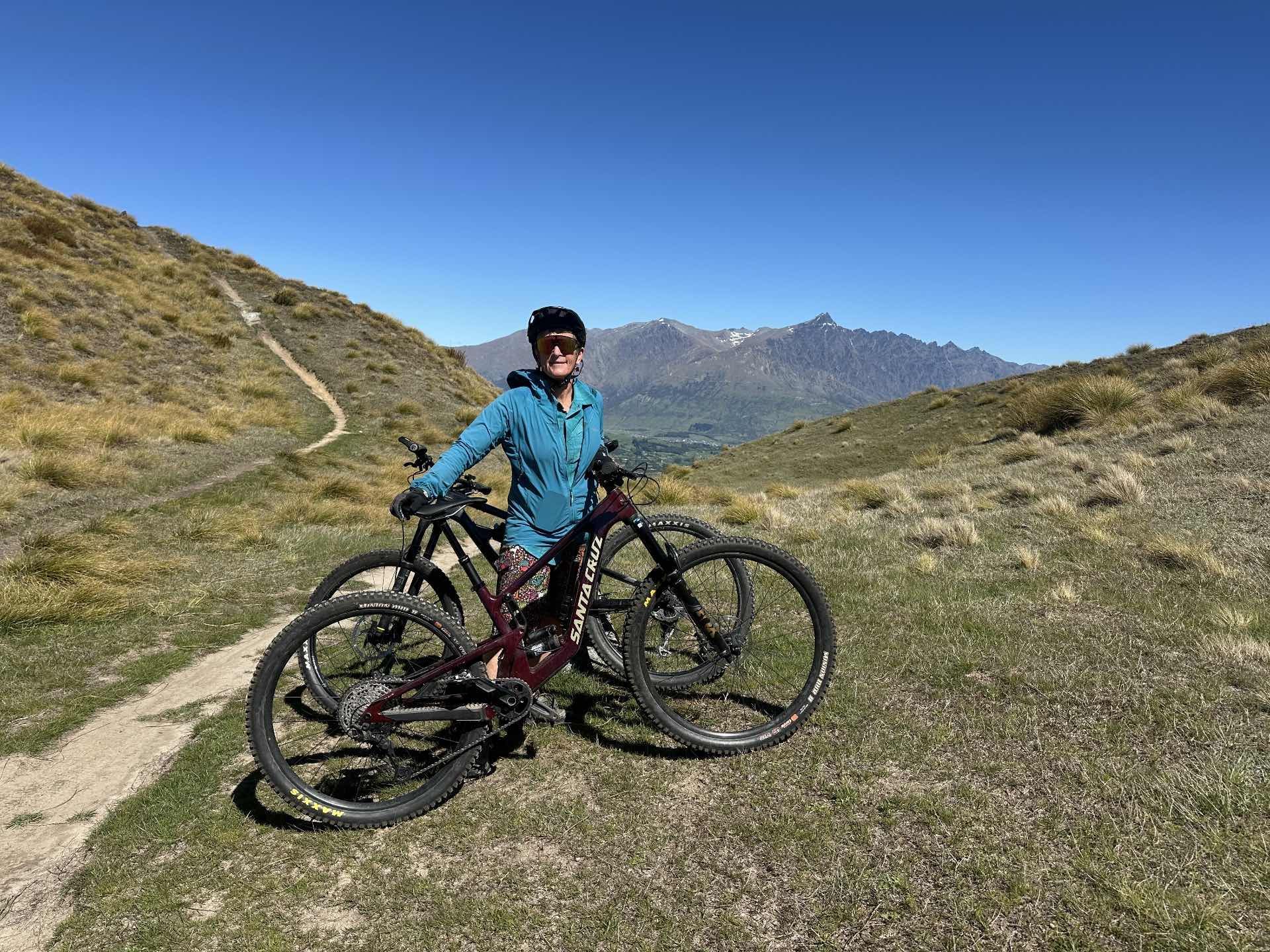Safety Systems

We are volunteering on the Transcaucasian Trail in Svaneti, Georgia, maintaining and building trails. The TCT was set up in 2015 and has an annual work programme staffed by volunteers and Georgians and run by Georgian trail crew leaders. It’s a great way for people from different countries to really get to know each other and do something meaningful together through hard effort (one way of getting beyond tourism as colonialism).
The TCT is minimally bureaucratic. Coming from New Zealand of the 2020s, this seems like a breath of fresh air. New Zealand has become more bureaucratic and safety averse than I would have believed possible, until I went to the USA in the 1990s and discovered ‘safety culture’. I encountered trip hazards for the first time (I laughed about those a lot), not to mention the suing and blame culture associated with any potentially hazardous activity. In the 1990s I hoped that mentality wouldn’t come to New Zealand, home of Number 8 wire and people ready to give things a go. It has, however, and in spades – as I wrote about when we were in Slovenia last year (with the exception of suing due to our ACC system).
However, this week we’ve had cause to ponder where the safety balance lies, in the face of potential combustion of significant portions of our camp. We have had not just one, but TWO camp stoves burn out of control as a result of leaky fittings on the 5kg gas cylinder. I’d previously seen videos of what gas cylinders can do once they are on fire. Our gas cylinders weren’t quite as spectacular but they were exciting enough.
There was a general call for a post-dinner cup of tea on our first full day in camp. Our crew leader, Gorgita, lit the burner as I filled the kettle. The first burner refused to light more than halfway round the circle so he turned it off. Unbeknownst to us, the second cooker had already been suffering from overexcitement in the gas department. Gorgita had told Paul, who runs the trail building organisation about the cooker’s poor behaviour. Paul passed it off as the gas cylinder being over-pressurised. However, the cooker had continued to belch excessive gas all the previous week while used. When Gorgita lit the stove this time, flames leapt out in a halo around the cylinder. Gorgita tried to turn it off but it was already too hot. I put the kettle down, grabbed the base of the cylinder and pulled it out from under the highly flammable kitchen tarp and away from all our food supplies.
Gorgita tried throwing water from a bottle on the flames but we didn’t have any large enough container to make an impression on the fire and the camps are not supplied with fire extinguishers. The crackle of gas flames built to a roar and we moved rapidly into the trees, twenty metres away from the cylinder. Joel, whose tent was closest to the cylinder, watched nervously – his passport, money and all his belongings with which he is travelling were at risk of immolation if the fire got too large.
Luckily, Georgian mountain grass in July is very green and not very flammable because there are regular doses of thunderstorm rain. The cylinder cavorted a little on the grass as the gas spurted out. It shot plumes of flaming gas, little Roman candles for our entertainment. It belched large clouds of flame and we retreated another twenty metres, fearing an exploding cylinder with a rain of metal shards. After fifteen minutes the flames finally died down and we nervously laughed as we discovered I was clutching my laptop, while Felix from Denmark was holding a very small aubergine (his favourite vegetable).
The second cylinder caught alight two days later. It was a less spectacular fire because we had used a lot of the gas in it. We were also a lot less excited about this fire and just waited dutifully until it burned itself out. Then we (or at least some of us) felt righteous indignation about the TCT organisation providing such poor stoves and gas mixes, particularly given we no longer had any stoves. We made a cup of tea on the fire and realised life wasn’t so bad because the fire heated the water a lot faster than the cooker did.
The following day a new cylinder and stove top were brought to the bottom of the road by the TCT manager and we walked down an hour and back an hour to collect it, and a resupply of food because we had eaten most of our supplies in the first six days of nine. The new system worked a lot better than the previous two but still had a few issues with belching gas. However, we had all got smarter, so someone was designated to hover over the stove to turn it off quickly in the case it misbehaved.
I messaged the network of 2023 TCT volunteers to tell them that the camp cooker(s) were unreliable if the remaining crews wanted to bring their own stoves as back-up. People expressed sympathy, and nervousness, about the fires. Then a woman from Crew 1 said they had the same experience with the cooker. She had turned the knob off with the silicon cooking glove before the flames became impossible. Cooking glove? We hadn’t seen a cooking glove. Crew 1 had also figured out to ensure the stove was tightened on the cylinder every use because that’s where they thought the gas leak came from.
I searched for the cooking glove and sure enough, there it was in the bag of miscellaneous items. A bright red one. It now lives next to the stove. Why didn’t we know about the glove? And why wasn’t it suggested after the first stove incident? The main reason was there were no systems in place to tell us the list of items in the camp and no systematic method of considering the stove incident and learning from it.

When Chris and I have worked on drill sites, safety is a BIG bureaucratic exercise. People are inducted to inform them about potential risks and remedies. People in charge of crews, or the site, are trained in regard to safety and have the role of implementing safety evaluations prior to activities taking place, and reports when incidents occu[y. Health and safety is a major eye rolling exercise because it is so repetitive and boring and most incidents are so low key that they are too dull to discuss.
How do you find the happy medium? A situation where safety is not such a repetitive business that it’s like the airline crew instructions – where you pretend to look at the screen telling you about your life jacket (under the seat?) while thinking about what you’ll cook for dinner when you get home. Instead you want an environment where significant issues, such as a flaming gas bottle, are recorded and discussed so the Crew 1 Leader tells the other crew leaders about the stove problem. An environment where such problems aren’t passed off by the manager as, “The gas bottle is over-pressured,” and forgotten about until something worse happens. An environment where, when something worse happens, the manager doesn't implies that you must have done something wrong (e.g. left the cylinder in the sun) and grudgingly gets a new stove without any further investigation.
I don’t know the answer to the optimum safety culture (as with so many questions!). Is it possible to reach and then stay in that happy medium? Or does a safety trajectory almost always take you too far towards ‘safe’ until you reach unsafe again? If anyone knows the answer, please tell me!






